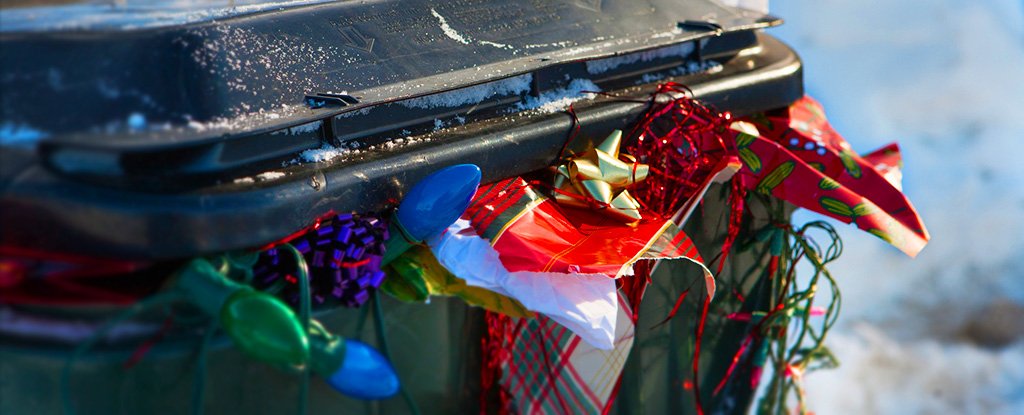
Climate change is linked to extreme weather events in Canada and around the world, but the connection between climate change and the products we purchase is still not known.
The embedded carbon emissions of a product are 6.3 times the product's weight, according to recent research. It is the product's supply chain that is carbon intensive.
The changes to our relationship with the material world have happened in the blink of an eye. Our ancestors lived in the land that supported them.
Only in recent human history have so many of us lived so far away from each other. Changing climate is very much affecting all people and is being driven by unchecked consumerism.
Stories to purchase more stuff.
Companies have spent a lot of time and money educating people about the value of stuff for sale since the Industrial Revolution. They have told us what we need to buy, what our status is in the world, and why we need to buy more. Victor Lebow wrote in the Journal of Retailing in 1955 that we need things consumed, burned up, worn out, replaced and discarded at an ever-increasing pace.
The appeals to consume more stuff used to be found only in advertisements. The average American was bombarded with 3,000 advertising messages a day in the 1990s.
Today's appeals are woven into our screen-filled lives, arriving via text message, personalized pop-up appeals and social media posts that celebrate consumption.
In the past few decades, people in more affluent parts of the world have added more stuff to their lives and thrown it away. In the US, the average person's consumption of stuff has doubled in the past 50 years, and North Americans dispose of almost 21 kilograms of electronic waste per person.
The consequences of our consumption can be seen in the planet's ecosystems. The logging of the Earth's forests has been caused by consumption in developed countries. Plastic waste is deposited into the world's oceans at an annual rate of 8 million metric tones.
These outcomes have been seen as "tragedies of the commons." Climate change has changed that, taking lives and livelihoods, destroying homes and entire towns with extremes of heat, wind, fire and floods, and this implies that the consequences are "out there."
Life cycles matter.
It begins with the collection of resources, followed by their assembly into products, their distribution, use and often quick disposal. Each step in a product's life cycle has a negative impact on the environment.
10 million hectares of forests are lost each year according to the United Nations Environment Program. According to the US Environmental Protection Agency, furniture and furnishings in municipal waste amounted to almost 9 million metric tones, five times more than what was landfilled in 1960.
Consumers don't know which forest products contain old-growth trees, as old-growth forests continue to be cut down.
The planet's wealthiest will need to produce and consume less if they want to decrease their carbon footprint.
There is a need for large-scale and small-scale change.
Making an effort to buy less during the holidays could have a significant impact. Americans produce 25 percent more waste between Thanksgiving and New Year's Day than the rest of the year, and they discard half of their paper waste.
Canadians will send more than 2.6 billion cards and wrap gifts using 540,000 metric tones of wrapping paper. 3.5 kilograms of carbon dioxide are produced for every kilogram of paper.
It's important to acknowledge the impact of the wealthy on climate change. The planet's richest 10 percent contribute almost 50 percent of global carbon dioxide emissions, while the planet's poor 50 percent contribute only 12 percent of global emissions according to the UNEP.
Giving is a great way to connect with others. Families, friends and communities are built by giving. It is possible that connections are needed more now than ever. We must unlearn what we have been taught.
We need to challenge stories that encourage fast and cheap consumption and demand the telling of stories that accurately link our consumption to the effects of climate change. We need leaders who will do the hard work of transitioning away from an endless growth economy based on excessive consumption of expensive products.
Life cycle carbon footprints are vital product information. We must all commit to resisting the constant appeals to consume fast and cheap, by giving less stuff, more slowly and thoughtfully.
Associate Professor Communication, Popular Culture and Film, Brock University, is named Ellen Good.
_
The Conversation's article is a Creative Commons licensed one. The original article can be found here.
